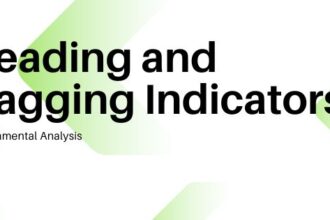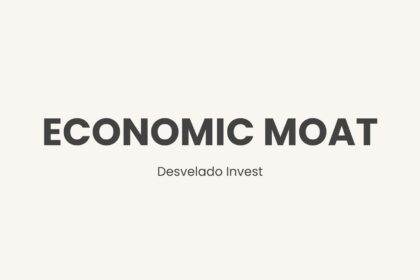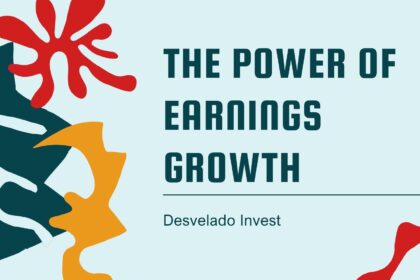Written By: Anika Manav
Inflation isn’t just an economic concept – it’s a force that shapes everyday life and long-term financial well-being.
In short, inflation refers to the rise in the prices of goods and services over time, reducing the purchasing power of money. A cup of tea, which used to cost around ₹5 about five years ago, now costs ₹15 because of inflation.
Let us take an example to understand the impact of inflation on one’s investments. If you deposit ₹10 lakh into a bank account that earns you 4% per year, your investment after five years will increase to approximately ₹12.2 lakh. Even though your bank balance has increased, if the rate of inflation was 6% per year, it’ll mean that ₹12.2 lakh can only buy what ₹9.1 lakh could at the beginning of the investment period.
This conveys that the traditional method of depositing your money into a bank account in hopes of maintaining its value is not as effective now. In this age, everyone must use investing so that their funds do not get eaten up by inflation.
Why does Inflation Happen?
The majority of people know what inflation is but now let us understand why it happens.
There can be demand-pull inflation, which happens when the demand for certain goods or services increases faster than its supply. When the demand for goods or services is higher than the supply, prices go up. For example, if more people want to buy smartphones, but the supply is limited, the prices of smartphones will rise.
Next, comes cost-push inflation, which occurs when the cost of producing goods rises, often due to higher raw material or labor costs. Companies then raise their prices to cover these increased costs. For example, if oil prices go up, transportation costs rise, causing the prices of goods to increase as well.
Lastly, there can be inflation due to the decisions of the bodies in charge of the economy. Monetary inflation happens when there is an excess supply of money in the economy. If the Reserve Bank of India prints more money than needed, its value decreases. The more money in circulation, the less each unit of currency is worth.
What is Inflation’s Impact on Investments?
Although inflation reduces the purchasing power of money, it does not necessarily impact all investments in the same way.
Let’s take investments such as bonds and fixed deposits for example. Due to the inverse relationship between the interest rate and the value of bonds, an increase in inflation will negatively impact any investments in bonds. The same is the case of majority FDs, the investors get a fixed interest rate, which means if inflation rises, they will be stuck with returns that are less than ideal.
On the other hand, investments in real assets, such as real estate and gold are considered safer in times of economic distress. The value of these investments can rise in inflation, as people turn away from riskier investments and consider safer options.
Inflation’s impact on equity can differ depending on the company the stock belongs to. Assuming that the companies invested in, can raise prices and still maintain sales, these stocks can maintain or even exceed their values. But stock investment can be tricky, as they can be highly volatile during times of economic distress.
So, what can you do to Stop Inflation from reducing Your Wealth?
Inflation is an unavoidable aspect of every economy. The most important thing you can do to protect your portfolio from it is diversification. If you diversify your portfolio across different categories of investment and securities, you can reduce the negative impact of inflation.
By investing in fundamentally good stocks, real assets, and inflation-linked instruments, your investments have a chance of surviving or even beating the effects of inflation.






